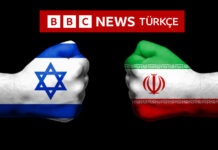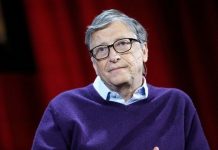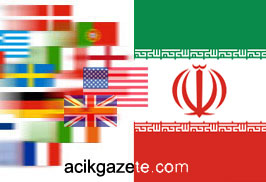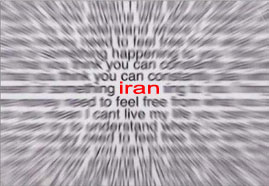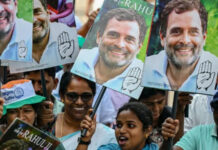After the dramatic public appeal of the Council on Higher Education (YOK) on the 5th of April that the Parliament’s opening meetings to elect the next President should be held with 367 members (2/3rds of the total number of deputies) was an awakening warning. The warning reveals that those who oppose Mr. Erdogan’s presidency will try every venue to deny him this opportunity. If the AKP majority does not heed this warning it means opposing forces/actors will take the issue to the Constitutional Court. Given the fact that Prof. Erdogan Tezic, the President of YOK, is a prominent constitutional law scholar, the warning by YOK carries some weight.
Why is the academia, military, judiciary and the secular sections of the bureaucracy oppose Mr. Erdogan’s presidency? After all he is the Prime Minister and in this post he is more powerful than the President. Well the answer is not as simple as the question.
The Government and its share of power has always been looked upon as ephemeral and reserved for transitory cadres that come and go with elections. Furthermore this (political) power is limited and strictly checked by institutions and laws made and supervised by the powerful bureaucracy, judiciary included). In the Turkish context it is called ‘state power’. State power is definitive and supercedes political power that is utilized to run day-to-day affairs of the society.
Those that wield state power oversee how basic institutions function and make corrections when there are deviations from state policies that are shaped by written rules and unwritten directives. It is this tutelary function of the holders of state power that make them strong, unaccountable and privileged. Presidency is the epitome of everything associated with the State. A group that looses its grip on the presidency may loose its unchallenged position in the socio-political hierarchy never to recover it back. It is because of this concern that three actual and one threat of military coup were put into effect since 1960.
Additionally, there is a more or less clear definition of the qualities of the President of the republic: he/she has to be secular, statist, nationalist, modern and in harmony with the armed forces of the country. I would add ‘immune from corruption or any other questionable economic dealings’ but considering the rumors surrounding our last string of presidents, this aspect has been subdued although it has been revitalized with Mr. Erdogan’s candidacy. The sum total of these qualities dovetail into the wholehearted reference made to the President: “Your excellency”.
Mr. Erdogan is not the type to be called “your excellency” or “sayin” by the standards of the Turkish state elite. They will simply deny bowing before him. Furthermore, given the vagaries of the Turkish electoral system, only one third of the electorate has endorsed an AKP majority in the parliament and this partial popular will shall be instrumental in electing the next president. Although the procedure is legal, there is a serious problem of representation and ensuing problem of legitimacy that will haunt a president elected by the AKP alone.
Turkish state elite has distinguished itself from other ruling elite of the non-western countries as being secular and compatible with western values. This quality has been labelled as ‘Kemalism’. Mr. Erdogan does not come from the kemalist tradition. Nor does he come from a tradition of either ideologically or socially defined secularism. Instead he has always identified himself with the Islamic tradition of the country that has been both antagonistic to Kemalism and western values. In this context his values are more or less shaped by a Middle eastern background than Europe. It is only after he has ascended to power as Prime Minister that he has come to grips with the realities of the world and the power structure in his country that moderated his relatively sharp religious stance with a more democratic attitude. Yet this transformation has not convinced a large part of the electorate and none of the state elite.
These cirles believe that Mr. Erdogan will revert back to his ideological roots when and if he becomes the next president. In this capacity he is expected to endorse obscurantist laws and appoint religiously motivated personalities to critical official posts. It is no surprise that he YOK declaration reads as follows: “The presidency is a post with many powers but no accountability. The president is empowered to veto laws and influence autonomous institutions and superior judicial organs of the state [by selecting and appointing a part of their members]. Either the powers of the President must be reduced to fit the character of a parliamentary system or these powers must be increased and a semi-presidential system must be adopted whereby the president is elected by popular vote through a two-tier election system.”
That is the gist of the problem. No one must contend the privileged position of the state elite whose source of power is not popular choice but wielding the state machinery. May be this is an over simplified statement but I cannot come up with a better explanation.
As regards my personal opinion Mr. Erdogan has the legal right to be elected as the President but he lacks the qualities of a sophisticated statesmen and is ill equipped to be a national leader of international stature. Yet, given the foul play of those who are not accountable to the people, may be his election may do away with much of the undeserved privileges of the old guard that use state-power without accountability. But then this may also be a naïve expectation that will not come true for some more time to come.


